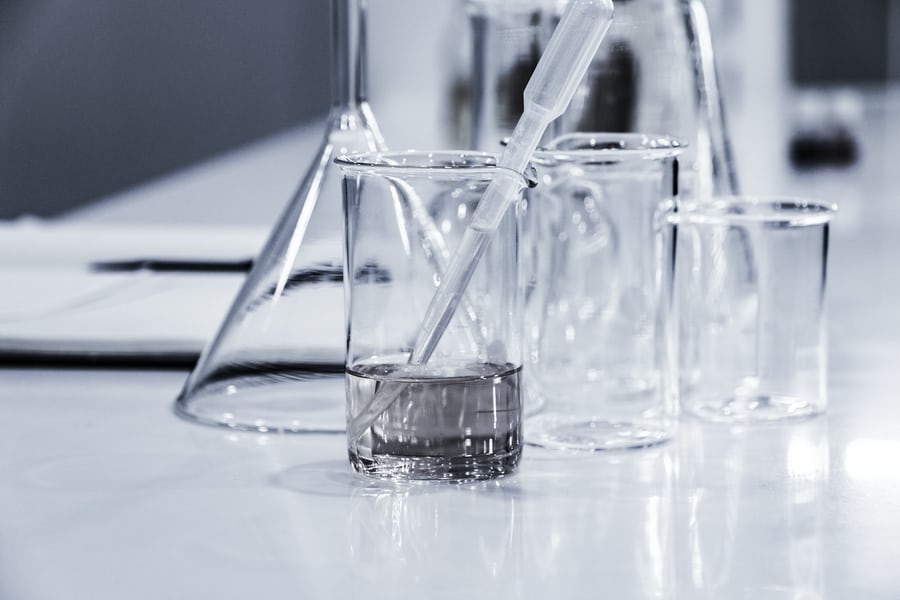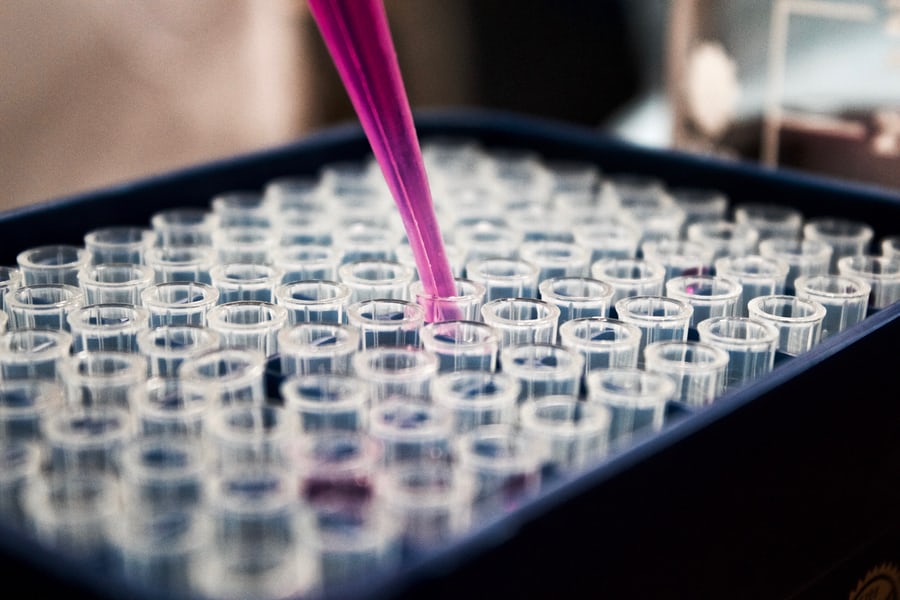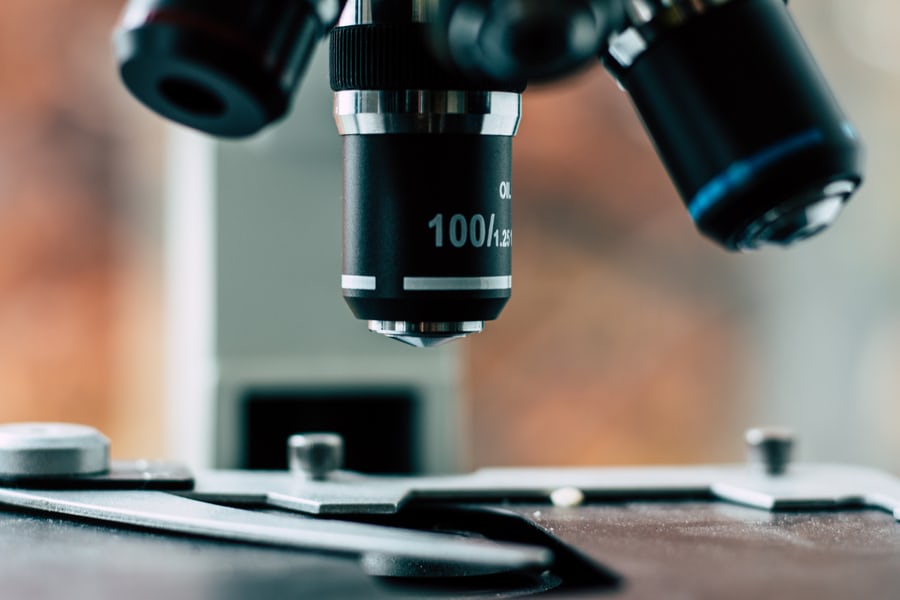My internship experience at ICRC-Weyer
The Latin quote “Exercitatio optimus est magister” by Publilius Syrus (circa 42 BC), which translates as “Practice is the best of all instructors”, reflects the significance of practice within all fields of knowledge. Nevertheless, during postgraduate education, the primary focus is often based on acquiring conceptual knowledge, sometimes failing to place an emphasis on training, tackling and solving real-life problems.
I am a PhD student in Biotechnology who wanted to gain hands-on experience in world-scale projects and take my eyes off the microscope. Therein lies the reason why I felt very fortunate to have the opportunity to do an internship at ICRC-Weyer. I am currently completing my doctoral studies at the University of Catania, Italy, investigating the histopathological and immunohistochemical aspects of osteoarthritis and the development of innovative technologies in the field of tissue engineering aimed at the regeneration of damaged hyaline cartilage.
Since I have a master’s degree in Pharmaceutical Chemistry and Technology and I worked as a Pharmacist, my biggest curiosity has always been to understand the challenges and complexities of the process behind drug development. For a molecule, going from “bench to bedside”, requires an exciting but long and arduous road, which goes from flasks to animal cages, from clinics to the market. An efficient process of translating laboratory discovery into patient care begins by asking the right questions and applying the scientific method in all its steps. This requires several years of work, commitment and resources from researchers, health professionals, patients, and society as a whole.
My first impression of ICRC was its similarity to Kuroko. The Japanese term “Kuroko” refers to stagehands in traditional Japanese theatre, responsible to move scenery and props on stage, aiding in scene changes, while maintaining discretion as they all wear black to avoid distracting the audience. As Kuroko, ICRC works underneath the intricate texture of all types of clinical trial projects aiding, for example, in Biostatistics, Data Management, Medical Writing, and Pharmacovigilance, ensuring a client’s trust on the company to deliver a project at a high standard.
In doing so, I was impressed to observe the commitment, rigor, and competence that these objectives entail. Basic scientific research investigates hypothesis, products, and technologies that most of the time take several years of work, without the certainty of reaching the market. On the other hand, working at ICRC I contribute to those steps of analysis that will ultimately lead to answering the scientific questions that started the study in the first place. Seeing first-hand real data from patient’s visits and cohorts, also gives the noble feeling of taking part in valuable projects that seek to improve society and people’s lives, without losing the pleasure of learning and discovery.
Finally, I am inspired by the spirit of support and equity in the workplace, and I appreciate that the achievements mirror the quality of the team rather than those of the individual. The ICRC-Weyer family shares its wisdom, knowledge, and experience with the people it welcomes, ensuring quality, ethical integrity, and reliability at every milestone.
Silvia Ravalli, Trainee Biostatistician




Leave A Comment